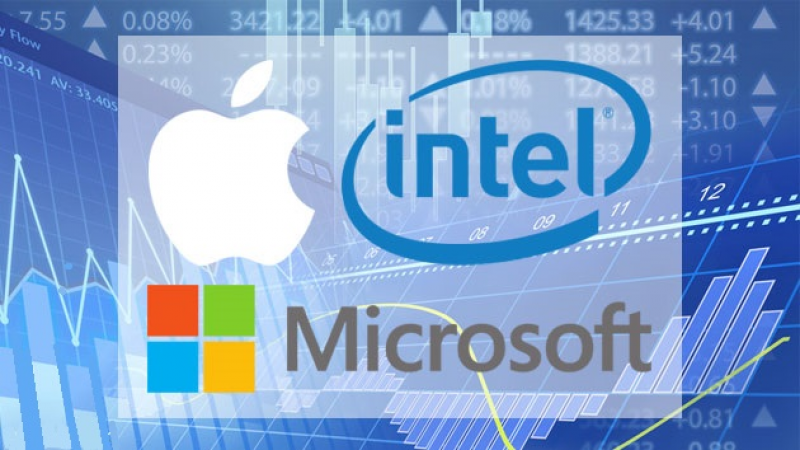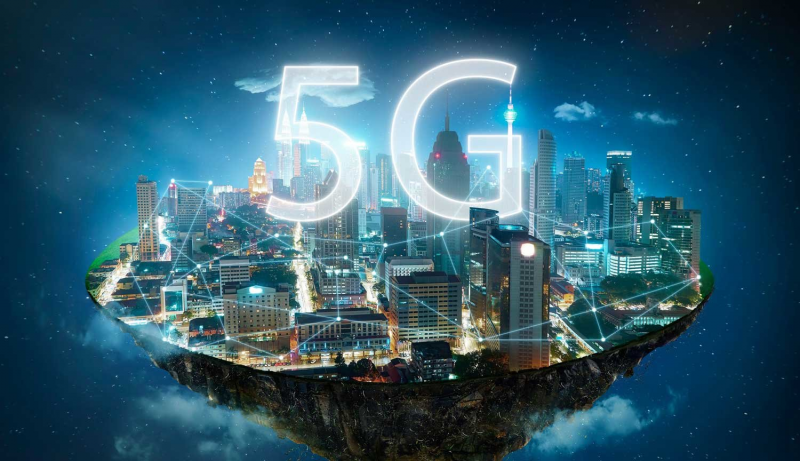A lot of false addresses of organizations appeared in Google Maps. This was reported by The Verge.
For example, some people tried to find plumbers using the addresses entered into Google, but out of 20 results, 13 turned out to be fake.
The Wall Street Journal suggested that there are about 11 million fake pages in Google Maps of various companies. It's rumored to be a particular type of scam in the domestic service, repair or car towing industries: if you create multiple profiles with different addresses but use the same number, you can get more customers through it.
It seems that Google tries to verify the authenticity of addresses, but I guess it does not always succeed.

AliExpress now accepts small and medium-sized businesses, including Russian suppliers. This was reported by Kommersant, citing the company's spokesman Anton Panteleev.
AliExpress previously accepted only Chinese goods, but starting in 2019 began to connect sellers from Italy, Spain, Turkey, and now has joined Russia. In the beginning, Russian companies will only be able to trade in the local market, but the geography will expand in the future.
The connection of small Russian sellers to AliExpress became known in May 2019. Now it is being implemented in practice. For Russian participants the requirements are minimal: there are no restrictions on turnover, service or delivery. This will be especially relevant for small businesses.
AliExpress originally developed a strategy aimed not only at Chinese sellers, but at foreign ones too. It has only now been possible to realize the idea of entering the global market.

Apple, Microsoft and Intel, as well as some other companies have asked Trump to cancel a rather large tax on Chinese goods. The information is published by The Verge, citing official sources.

Previously, companies could bypass these taxes, but now these political topics affect companies directly. This is due to the fact that the main production of equipment is located in China.
If the tax is still 25%, companies will have to significantly increase the price of their products. If we take Apple as an example, their products may become prohibitively expensive. Especially it will be noticeable on the background of Android smartphones, the characteristics of which are almost the same as "Apple", and the price is much cheaper.
The U.S. government is preparing a plan to ban 5G equipment imported from China. The measures will also apply to European companies that produce equipment with the participation of Chinese partners.
The Wall Street Journal reports that there are no such companies in the U.S. that manufacture telecommunications equipment. Supplies come from Nokia of Finland and Ericsson of Sweden, but they use components from China in their production - 10% and 45% respectively.

Ericsson representatives say they may move production from China to, for example, the U.S., Brazil, Estonia or India. As for Nokia, the company took into account all transport possibilities and political risks in its business development plans. According to the sources, if the U.S. insists on changing its contractors, the company is likely to make a concession.

 Русский
Русский





